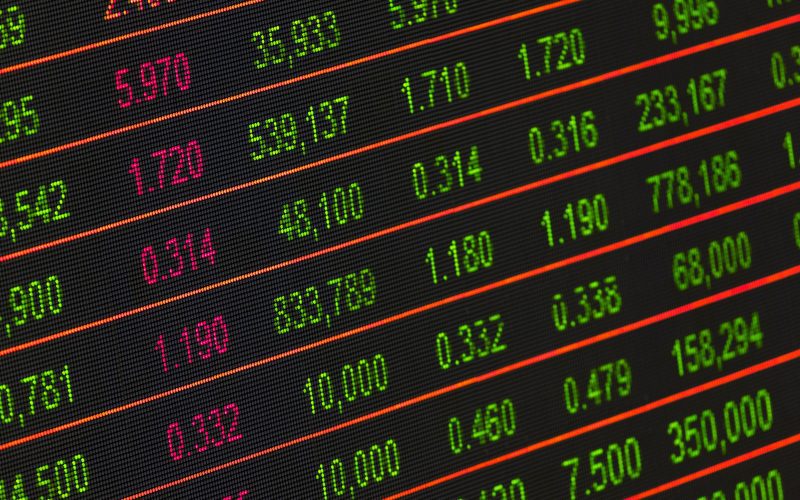In a day marked by heightened investor apprehension, U.S. stocks experienced a significant retreat as concerns over the impending debt ceiling deadline weighed heavily on market sentiment. The uncertainty surrounding the country’s ability to raise the debt limit in a timely manner sparked a wave of volatility, prompting investors to adopt a more cautious stance.
The debt ceiling, a statutory limit on the amount of debt the U.S. government can accumulate, has been a recurring source of contention and uncertainty in recent years. Failure to raise or suspend the debt ceiling would result in the Treasury Department being unable to borrow funds, potentially leading to a default on U.S. government obligations.
As the deadline for raising the debt ceiling draws closer, market participants have become increasingly wary of the potential consequences. The S&P 500, Dow Jones Industrial Average, and Nasdaq Composite all registered notable declines, with investors seeking refuge in safer assets such as U.S. Treasury bonds.
Financial analysts have highlighted the adverse effects a failure to raise the debt ceiling could have on the economy, including a potential downgrade of U.S. credit ratings and disruptions in the financial markets. The repercussions could extend beyond Wall Street, affecting businesses, consumers, and global investors alike.
In response to the mounting concerns, policymakers in Washington have engaged in intense negotiations to find a bipartisan solution to the debt ceiling impasse. While discussions continue, the lack of a clear resolution has contributed to the unease among investors, resulting in a retreat from riskier assets.
Some market observers suggest that the current downturn may be a temporary setback, with the hope that lawmakers will reach a resolution before any significant damage is done. However, the longer the impasse persists, the greater the potential for market volatility and erosion of investor confidence.
The immediate focus now turns to Capitol Hill, where lawmakers face the critical task of bridging ideological divides and reaching a compromise to avert a potentially calamitous default. Investors and market participants will closely monitor developments, seeking any signs of progress or potential resolutions that could calm the turbulent waters.
As the situation unfolds, it is essential for investors and the public to remain informed and exercise caution in their financial decision-making. While the market retreat on debt ceiling concerns serves as a reminder of the inherent risks of investing, it also highlights the crucial role that decisive and effective governance plays in maintaining stability and confidence in the financial system.
Opinion: The Debt Ceiling Dance: A Reckless Gamble with Severe Consequences
In the ever-expanding drama of U.S. politics, the recurring spectacle of the debt ceiling debate has become a high-stakes gamble with dire potential consequences. The recent retreat of U.S. stocks underscores the gravity of the situation, as the looming debt ceiling deadline threatens to upend the stability and credibility of the nation’s financial system.
The debt ceiling, conceived as a mechanism to control government spending, has evolved into a political battleground, rife with partisan bickering and posturing. The repercussions of failing to raise the debt limit in a timely manner would extend well beyond Wall Street, reverberating through Main Street and beyond.
It is crucial to recognize that playing chicken with the debt ceiling is a perilous game. The potential ramifications include skyrocketing interest rates, damaged credit ratings, and a tarnished international reputation for the United States. The mere possibility of default on government obligations would send shockwaves throughout global financial markets, eroding confidence in the world’s largest economy.
While politicians engage in their verbal jousting and brinkmanship, it is the American people who stand to suffer the most. Businesses, large and small, would face increased borrowing costs, hindering investment and growth. Consumer confidence would waver,












